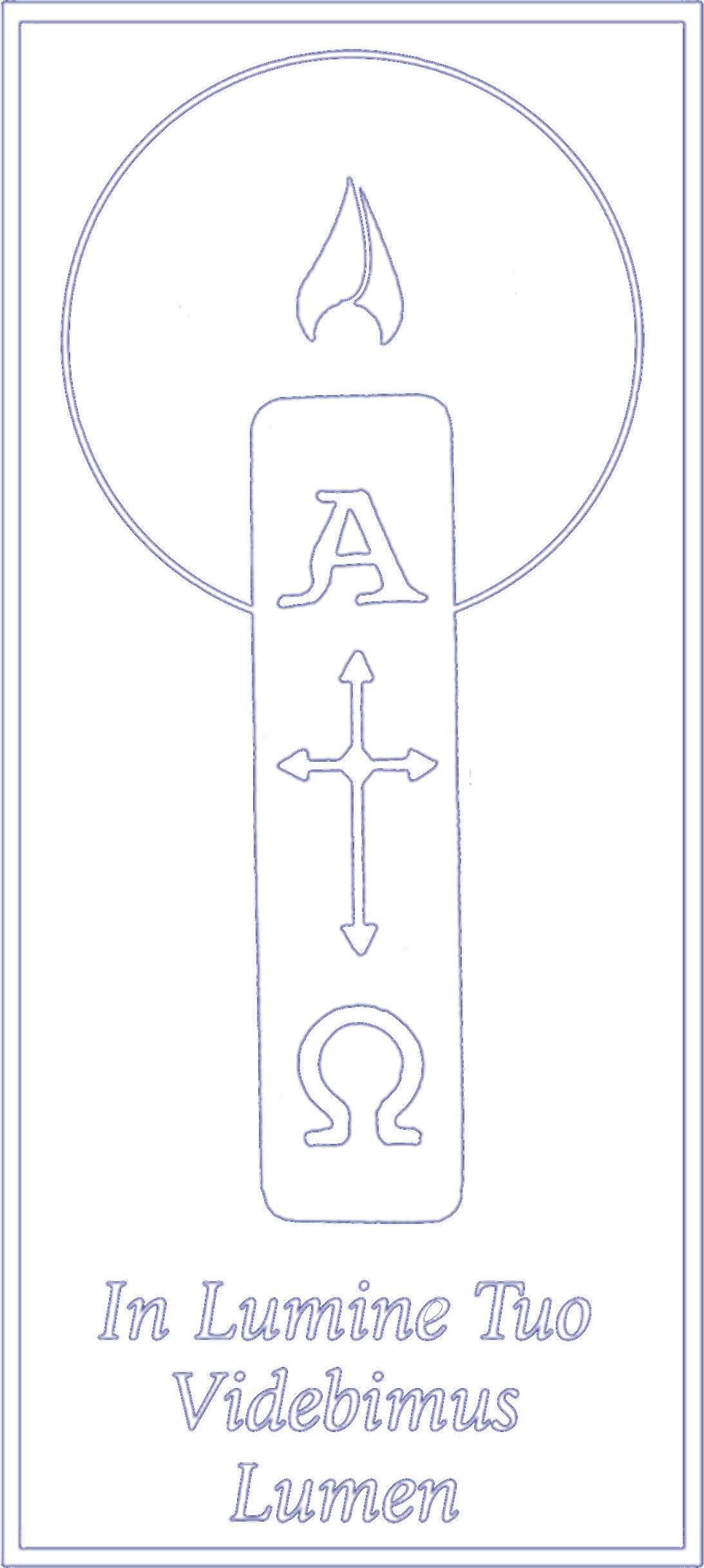 Jean Bethke Elshtain, an American ethicist, political philosopher, and public intellectual, died Sunday, August 11th after suffering from a debilitating heart condition. She was 72.
Jean Bethke Elshtain, an American ethicist, political philosopher, and public intellectual, died Sunday, August 11th after suffering from a debilitating heart condition. She was 72.
Elshtain, who was the Laura Spelman Rockefeller Professor of Social and Political Ethics in the Divinity School at the University of Chicago where she also had appointments in Political Science and the Committee on International Relations, taught at the University of Chicago for 18 years.
Involved with the Lumen Christi Institute for Catholic Thought at the University of Chicago since its founding and a frequent lecturer in its programs and conferences, Elshtain served on its Board of Directors from June 2008 until her death.
Noel Moore, Chairman of the Board of Directors, found her presence remarkable: “She was a great admirer and friend of the Church…and a longtime contributor to the Lumen Christi Institute and its Board. She possessed an extraordinary capacity for friendship, scholarship, and humility—combined with strength and courage. I am grateful to have known her and served with her.”
Renowned for her work on religious ethics, war, the family, feminist theory, democracy, and modern political thought, she “cared deeply about the common good, and she recognized that faith, family, and patriotic solidarity ennobled the lives of ordinary people,” wrote First Things Editor R. R. Reno.
Born in 1941 in a small town in Colorado, Elshtain earned her BA and MA from Colorado State University and a PhD from Brandeis University, writing her dissertation on “Women and Politics: A Theoretical Analysis.” She went on to teach at the University of Massachusetts and Vanderbilt University (where she was the first woman to hold an endowed professorship in the history of that institution) prior to coming to Chicago.

Her contribution to political philosophy was wide-ranging and substantive. Her most notable works were Public Man, Private Woman: Women in Social and Political Thought; Meditations on Modern Political Thought; Women and War; Democracy on Trial; Just War Against Terror: The Burden of American Power in a Violent World; Jane Addams and the Dream of American Democracy; Augustine and the Limits of Politics; and Sovereignty: God, State, Self.
She was also a member of the American Academy of Arts and Sciences and served on the Boards of the Institute for Advanced Study, Princeton, and the National Humanities Center. On the Feast of All Souls, 2011, she was received into the Catholic Church.
In 2006, she delivered the prestigious Gifford Lectures at the University of Edinburgh, joining the ranks of such eminent Gifford lecturers as William James, Hannah Arendt, Karl Barth, and Reinhold Niebuhr. In 2011, she was honored with the Democracy Service Award, which had previously been bestowed on the Dalai Lama, Lech Walesa, and Vaclav Havel, among others.
In recognition of Professor Elshtain’s body of work, the University of Chicago Divinity School organized a series of four conferences between 2010-2013 under the title, “Jean Bethke Elshtain: The Engaged Mind.”
As mentioned above, Elshtain played a significant role in the life of the Institute. As early as 2002, she took part in a book symposium on “Traditional Religion and the Contemporary Mind: A Symposium in Honor of the Publication of Kaddish by Leon Wieseltier” with Leon Wieseltier, Francis Cardinal George, O.M.I., and David Novak.
She most recently participated in two major events: a symposium titled “God, Freedom, and Public Life” with Hans Joas, Martin Marty, and Francis Cardinal George, O.M.I. on the occasion of the Cardinal’s publication of God in Action: How Faith in God Can Address the Challenges of the World and the Institute’s April 2013 conference on “Pacem in terris After 50 Years.” She attended and spoke at the latter despite weakness due to illness.
“Jean Bethke Elshtain was a scholar and a believer, a woman of deeply held principles,” said Francis Cardinal George, O.M.I. of his longtime friend. “Her many academic accomplishments were integrated into her personal concerns for family, for the public life of women in society, for good and just government, for religion’s contribution to the common good. Her talent for friendship drew out the best in others, who began their acquaintance with respect that then progressed to love.”
Thomas Levergood, Executive Director of the Lumen Christi Institute, remarked: “As many have noted, Jean Bethke Elshtain was one of the remarkable Christian scholars of her generation. Drawn more and more into the Catholic tradition by her study of the thought of John Paul II, she had entered the Catholic Church intellectually years before her formal entry into the Church. Still, she remained ‘catholic’ in continuing to cherish Protestant thinkers such as Reinhold Niebuhr and Dietrich Bonhoeffer who had been and remained her teachers and, if one may say, her colleagues as well.”
Elshtain earned the respect of her fellow thinkers who appreciated her tenacious approach to academic inquiry balanced by an affable nature.
French philosopher Jean-Luc Marion said of his friend and colleague at the University of Chicago Divinity School: “Jean Bethke Elshtain had a tough-thinking mind and a friendly open heart, while most people—in the academy as well as outside it—are the reverse: weak in thought, hard in feelings. Her books on (just) war, gender and feminism, culture and democracy were not only able to raise the level of discourse, fuel fierce debate, and engage vigorously the most well-received idols of our days, but they also gave back to moral and political philosophy a renewed dignity as serious science.”
Her faith animated her scholarship, as well as her relationships.Marion explained: “Christian faith gave her enough certitude to display radicality in thinking, unlimited energy in interacting with interlocutors, colleagues and students, and an obviously deep and sincere friendship for all. In her presence, I was proud not only to teach and work with her in Swift Hall, but also to share the same creed.”






